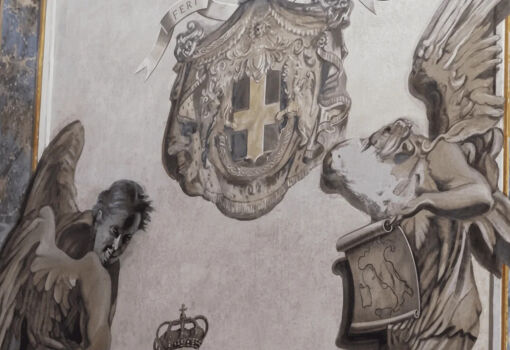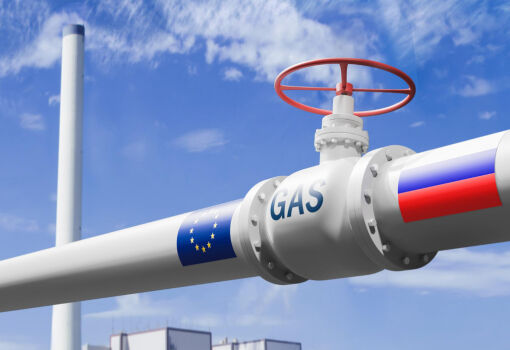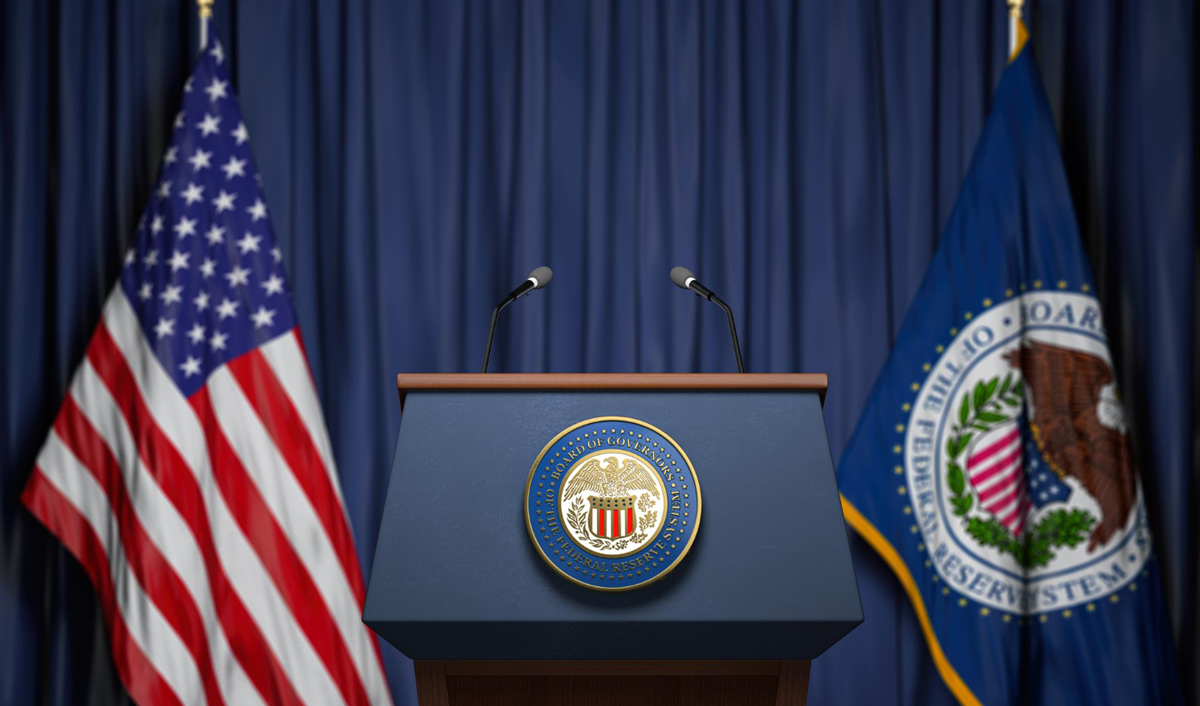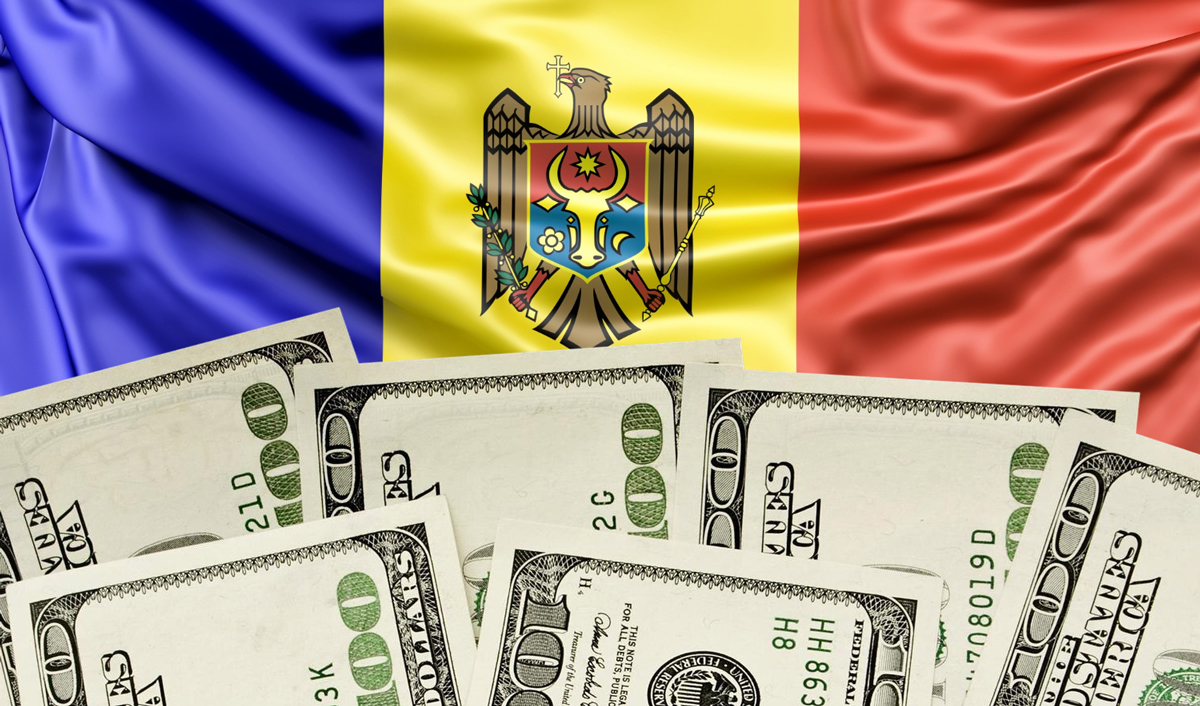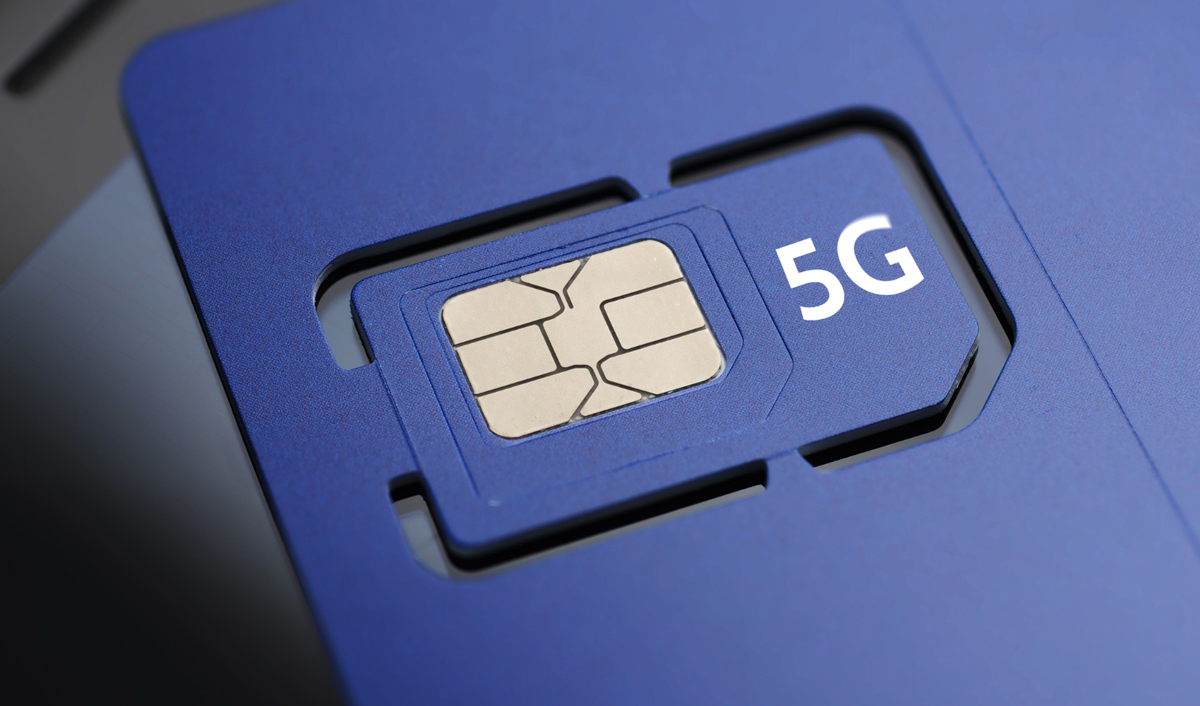
Michael McGrath
The Guardian publishes the preliminary results of a study on the impact on the pan-European market of trading via online platforms outside the EU.
The European Commissioner for Consumer Protection believes that with 12 million low-cost parcels entering the EU market every day through popular retail platforms, mostly Chinese, it is necessary to stop the sale of goods in flagrant violation of European laws.
First of all, we are talking about the dangers posed by many of these goods, which are not certified and do not meet EU safety requirements.
Commissioner Michael McGrath is awaiting the results of a Europe-wide mystery shopper operation to further verify the evidence already gathered that Chinese retailers are circumventing EU laws.
Among the worst examples of violations already uncovered, McGrath cites baby pacifiers with balls that fall off easily. These pose a choking hazard because they do not have a regulatory opening so that a child who accidentally swallows the pacifier can continue to breathe.
Other products cited by MEPs in a report published this month include children’s raincoats with toxic chemicals, sunglasses without UV filters and children’s shorts with shoelaces longer than specified, creating a fall hazard.
The study also found cosmetics containing butylphenylmethylpropional, also known as Lilial. It is on the EU’s list of chemicals of “very high concern” and has been banned since 2022 due to fears it could affect fertility and fetal development. Last year, the UK government advised consumers to dispose of any products containing the ingredient.
“I am shocked by this and I think we have a duty to protect European consumers,” McGrath told the Guardian newspaper.
National consumer protection authorities send out rapid alerts for unsafe non-food products across the EU through the Safety Gate service, which is also open to consumer complaints.
Last year, Safety Gate received a record 4,137 alerts, more than a third of which related to cosmetics, ahead of toys, electrical appliances, cars and chemical products.
While consumer groups are concerned about safety, Michael McGrath is also worried that platforms, whose popularity has soared over the past two years, are hurting local businesses through unfair competition.
“The growth is incredible and has put huge pressure on systems at the member state level,” he said.
“I am determined to strengthen enforcement of our product safety laws and consumer protection rules. This is not just about protecting consumers, but a serious level playing field issue for European companies as they have to compete with sellers who do not comply with our rules,” said European Commissioner Michael McGrath.
According to the EU, 12 million low-value goods enter its market every day, amounting to 4.6 billion shipments of goods worth less than €150 in 2024 – double the number in 2023 and triple the number in 2022.
Among the steps the EU is considering are abolishing the €150 duty-free threshold and introducing a per-parcel processing fee, which could discourage low-value purchases and help pay for the cost of additional customs checks.
The move will reference the situation in the US, where President Donald Trump signed an executive order to abolish the $800 duty-free threshold, which was a blow to Chinese sellers. U.S. shoppers had to pay an additional 30% tax, or a minimum of $50 per item, after June 1 this year.
It is also possible that a pan-European customs authority could be created to address systemic problems.
McGrath said it is “not yet known” whether the issue will be raised at the EU-China summit in Beijing on July 25, but he plans to take it up personally.
Shein said it is investing $15 million in compliance and safety initiatives this year, including 2.5 million product and safety quality tests, and is working with 15 testing centers, including in the U.K. and Germany. The company said it has eliminated 500 suppliers since launching its trading platform.
A spokesperson said, “Earning and maintaining consumer trust is paramount and we work hard to ensure that the products we offer are safe and compliant. All of our suppliers are required to comply with Shein’s code of conduct and strict safety standards, as well as the laws and regulations of the markets in which we operate.”
A Temu spokesperson said, “Temu takes product safety and compliance very seriously. We have a system of vendor vetting, proactive monitoring and prompt product seizure to prevent, detect and remove unsafe products. We work closely with globally recognized testing and certification organizations, including TÜV SÜD, Eurofins, SGS and Bureau Veritas, to ensure that products offered by third-party sellers meet safety and quality standards.”








